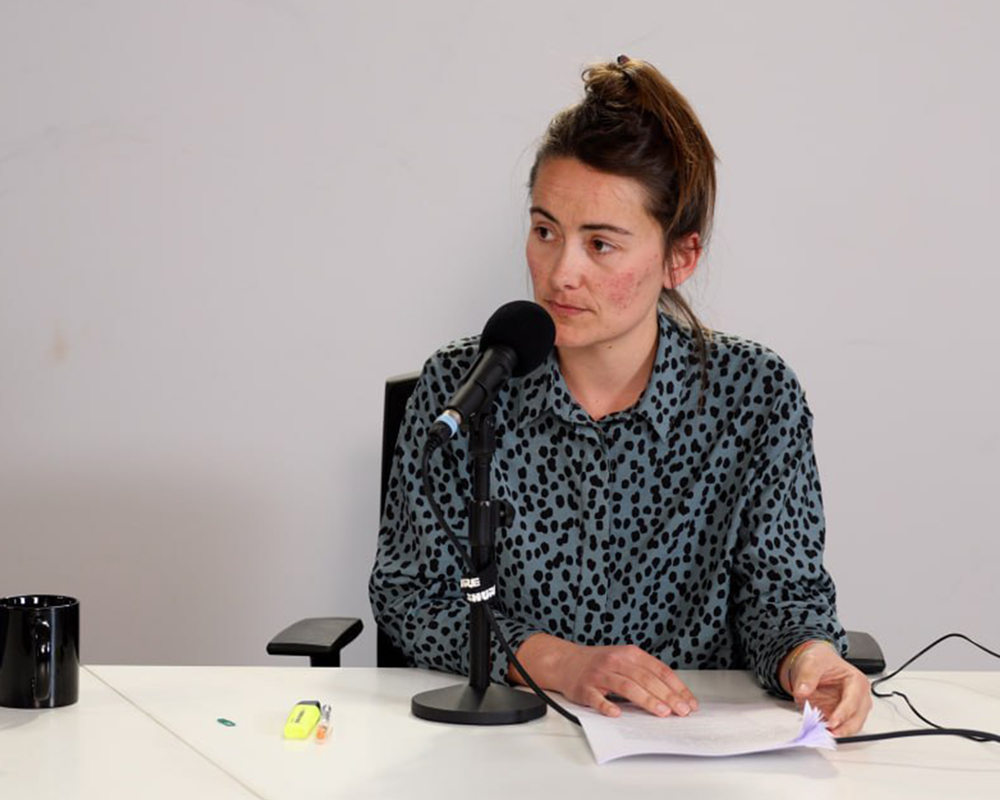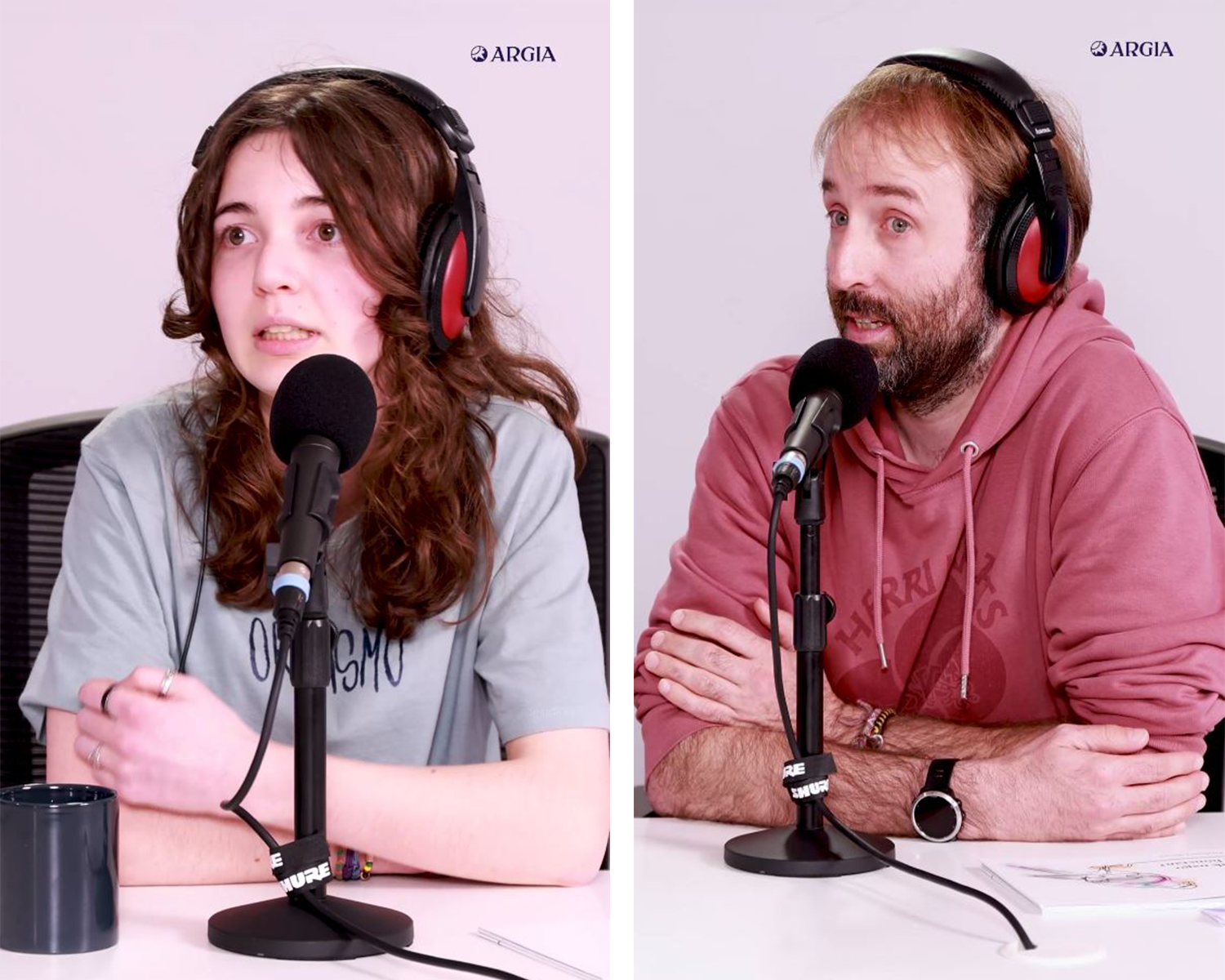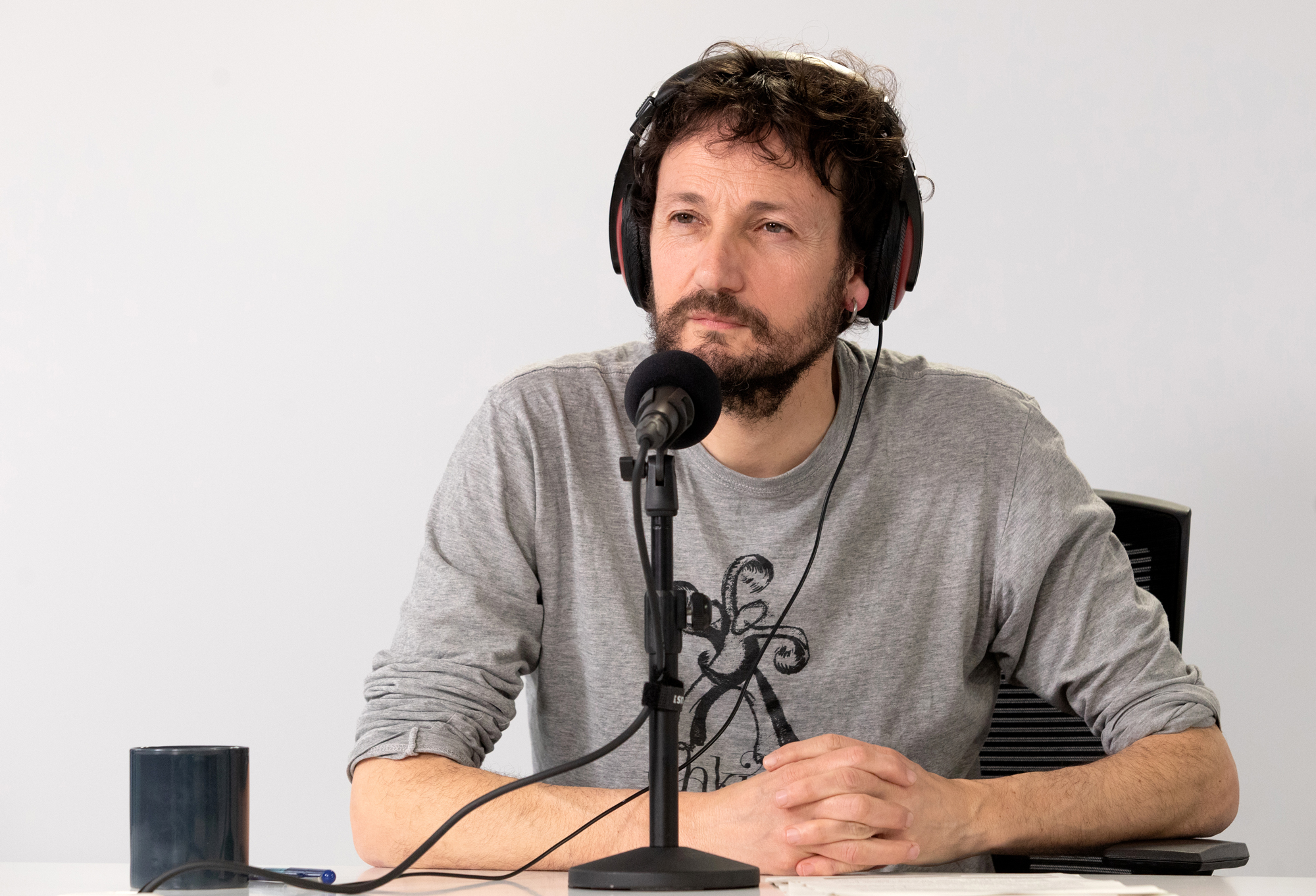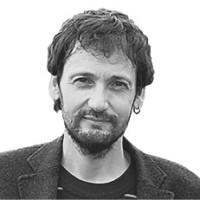"Osasuna calls for recognition of the disease"
- Barcelona 1950. Twenty years ago, he began to suffer what would then be chronic fatigue. Or it started what the philosopher López Petit himself has called “the journey of the night.” This physical and mental process of destruction is explained in the book Children of the Night. With the will to participate in the debate, rather than simply suffering.
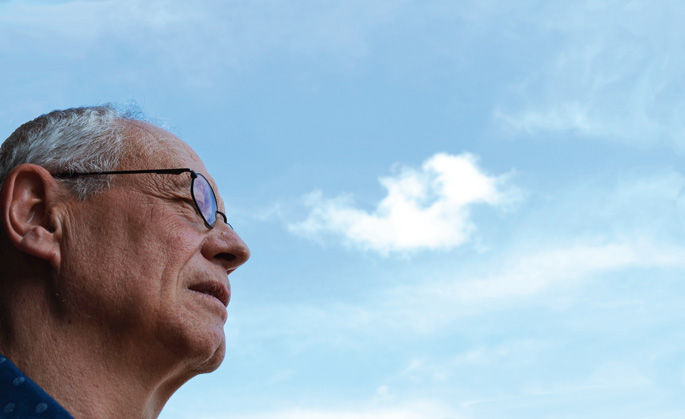
Your story is intimate from the root, but it also has a political dimension.
The most political thing I can do at the moment is, of course, explain why there is night in me and it devours me tirelessly. In other words, to explain the disease as a political action. Sharing would politicize my discomfort. Turn the disease into a weapon.
That is, diagnosing an era by diagnosing itself.
It's a totally personal book, in which my process of physical and mental destruction is shown, but in the end it becomes a collective voice. The wager was that: I go to the bottom of what happens to me, somehow I connect with a social unrest, and the politicization of existence makes the disease a weapon. I make a personal diagnosis, but at the same time it's the diagnosis of an era. The personal voice is spawned and becomes a collective voice.
You said diagnosis, term of medicine. But it has been his approach to philosophy.
People who today want to stand, not to kneel, who do not want to suffer daily humiliation, have problems with life, political problems. In the face of these problems with life, psychology remains in the skin, in the description of the problems of a private life. Philosophy would try to get deeper into the dark background of all life: what we know about a life, what we know about our own life, how we go through political powerlessness, how a political life is made sustainable. And all without getting sick.
You fell ill, chronically tired.
Well, I've been classified into a syndrome where you fit everything you can't explain. I believed that being classified, naming the disease, could stop the destruction I suffer. But tiredness is not a disease that suffers. It's a way of being.
The psychiatrist is clear: you have developed the intellectual part of your personality and little the emotional part.
Medicine clearly divides health and disease, and that is problematic. Even now, when a group of diseases has appeared, which I call normality diseases, which arise from inadaptation to normality. These are diseases that doctors do not know how to diagnose and that, at the same time, are very personalized, different from each other. When you're constantly mobilized inside this machine that we call life, you break. And what happens when a life breaks, how do the forces emerge from that rupture?
That is a good question.
The first thing we have to recognize is that we are an anomaly. And that will lead us to the force of pain, or better, the force of pain. It's an anomaly to want to live and not be able to live. If you have problems with life because you don't fully adapt to normal, because you're an anomaly -- and to some extent we're all -- a force of pain crosses you. The question is how you take that force of pain and how you fix it. The collective dimension helps articulate this desire for life.
You mentioned the diseases of normality. Every society has its supporters.
It is a social unrest that denounces this society as an oppressor, as brutal, unjust. Today we know the diseases of vacuum, anxiety, anorexia; diseases of the immune system: chronic fatigue, multiple chemical sensitization, fibromyalgia. How to call the disease of normality? Surely tiredness is the most appropriate name.
Normality is therefore absolute and there are no exceptions. The disease takes you out of normal.
Illness, for the romantic, was a sign of distinction. In a global era, normality itself has become much more interesting than exception. Let's say that tiredness makes you lose joy despite the mediocrity that pulls you out.
Are we going to get the disease out of our society?
The disease is integrated into human nature, it is totally its own. And at the same time, it has always been synonymous with decadence, with impotence. Health, on the contrary, real health, requires accepting the disease, dominating it and making it a stimulus to live.
And, from the disease, what is the relationship with death?
In the case of chronic fatigue, I would say it is fundamental: if death is internalized it can live. I turned, I have to put death inside me because this life is unbearable. A way of relating to death prevents you from feeling afraid of death. And that connects you with wanting to live. How can you change your life if you don't hate it? You can't make a pure affirmation of life, because life is dark. But that's the grace of life, it would lose interest if it were absolutely clear.
“Desberdindu behar dira hauskortasuna eta ahultasuna. Ahultasuna biktimaren ideiarekin lotuta doa, gaixo gaixoa. Nik horri bira eman nahi izan diot, gaixo egotearen urguilua adierazi nahi izan dut. Antonin Artaudek zioen gaixotasun bat sendatzea krimena dela, gaixotasunak ematen baitizu aukera mundua bestela ikusteko, ilargiaren beste aldea. Kasu, ez dut aukeratzen gaixorik egotea, gaixo orok sendatu nahi du, badakit hori. Baina gaixotasunak, gaixotasun batzuek behintzat, zarenaren egia ematen dizute, eta munduarena. Nekea zer da? Zure bizitzaren etena, eta etenak uzten dizu ikusten etenik gabeko aktibitate batek ezkutatzen dizuna. Gaueko zeharkaldi honen momenturen batean norberak erabakitzen du zer izan nahi duen, bere bizitza izatea zer nahi duen”.
Haurtzaroaren amaiera eleberri distopikoa idatzi zuen Arthur Clarkek, 1953. urtean: jolasteari utzi dion gizarte baten deskribapena. Eta ez al da bereziki haurtzaroa jolasteko garaia? Jolasteko, harritzeko, ikusmiratzeko eta galdera biziak egiteko unea. Ulertzeko tartea zabalik... [+]
Une delikatua igarotzen ari den zure lagun minak Taylor Swiften kontzertura joatea proposatu dizu, baina kide zaren elkarte ekologistak elkarretaratzea deitu du, abeslariak sortuko duen kutsadura salatzeko; nora joango zara? Dilema etiko horri erantzun diote gazteek, baita... [+]
Epistemology, or theory of knowledge, is one of the main areas of philosophy, and throughout history there have been important debates about the limits and bases of our knowledge. Within this we find two powerful corridors that propose different ways of accessing knowledge: The... [+]
Entrepreneurship is fashionable. The concept has gained strength and has spread far beyond economic vocabulary. Just do it: do it no more. But let us not forget: the slogan comes from the propaganda world. Is the disguise of the word being active buyers? Today's entrepreneurs are... [+]
Isn't it a sign of pride to look at the people in front of me as if they weren't people? Yes, of course yes. But how can we expect others to understand? Understand, observe, look. Does wanting to understand others not require this proud attitude? Knowing what it is to be a person,... [+]











